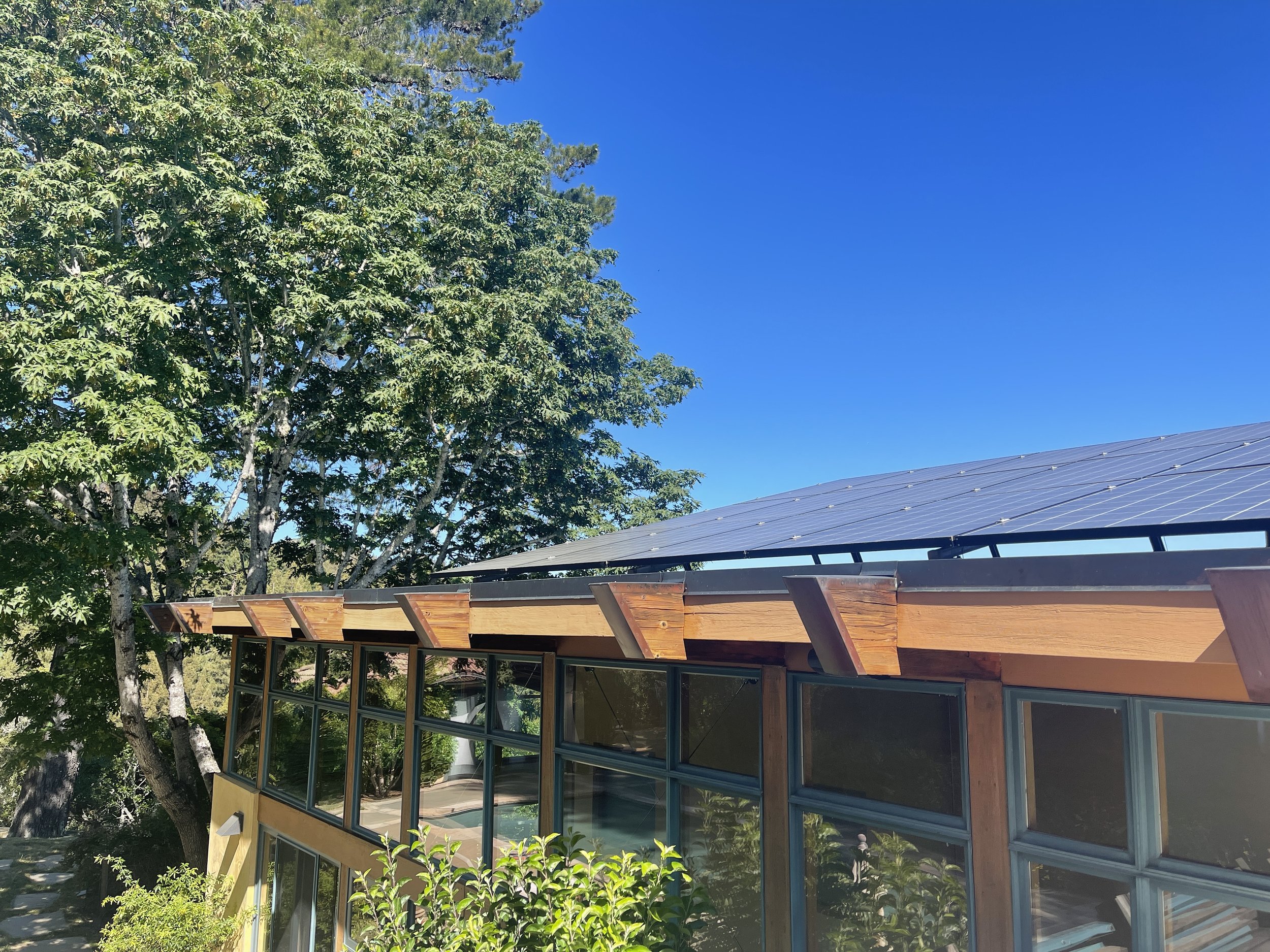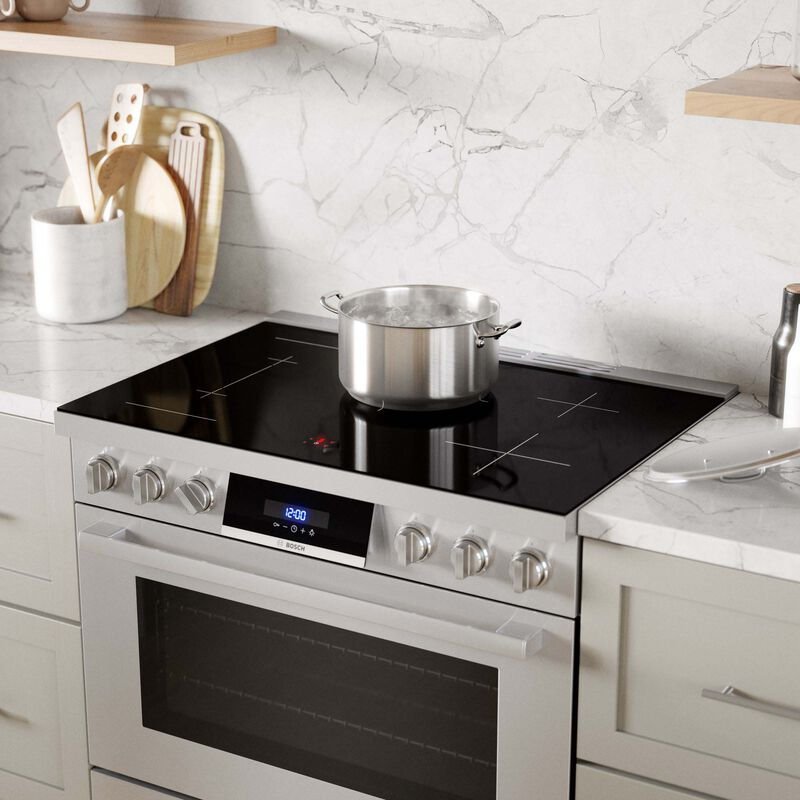
Electrify your Life
Home
Household Appliances
Heating & Cooling
-
Heat pump technology allows you to swap out heaters and furnaces that use natural gas for more energy efficient heat pumps which run on electricity.
Save up to $1000 when you use a BayREN approved contractor and $800-$2000 from Marin County (via Electrify Marin). A new program called Tech California can also provide up to $4500 in incentives.
-
Heat pump water heaters are up to 4x more efficient than standard models.
Get cash back on a high-efficiency, heat pump water heater when you work with a BayREN Participating Contractor. Combined with incentives for the contractor ($1,000), switching to a new heat pump water heater is an economical and environmental choice.
Combine rebates available from BayREN (up to $1000) and Marin County ($1000-$2000) with a new program called Tech California for up to $5000 in incentives.
-
Savor faster, safer, more energy-efficient cooking when you replace your natural gas stove with an induction range or cooktop.
Electrify Marin offers rebates of $250-$500 for induction ranges and cooktops in addition to a rebate from BayRen of $300.
-
Replace your conventional gas dryer with a high-efficiency heat pump dryer and watch your energy use tumble — by at least 28%.
Your new dryer must replace an existing natural gas clothes dryer and be listed as an ENERGY STAR Efficient heat pump clothes dryer to get $250 back from BayREN.
Transportation
-
Zero-emission vehicles (ZEVs) are an eco-friendly transportation solution that produce no tailpipe pollutants, combating air pollution and mitigating climate change. Electric vehicles (EVs) are the most common type of ZEV, running solely on electricity and emitting zero exhaust gases.
They reduce greenhouse gas emissions, lessening dependence on fossil fuels and promoting cleaner air quality. ZEVs offer quieter rides, lower operating costs due to fewer moving parts, and potential long-term savings on fuel and maintenance.
As technology advances and charging infrastructure grows, the adoption of zero emissions vehicles becomes a crucial step towards a sustainable and greener future for transportation.
-
Home EV charging stations offer convenience and efficiency to EV owners. By charging the vehicle overnight, it ensures a full battery each morning, eliminating the need for frequent public charging stops. Home charging also provides cost savings, as electricity rates are often lower during off-peak hours.
Having a dedicated charging station improves safety and reduces the risk of accidents compared to using standard electrical outlets. Additionally, it contributes to grid stability by allowing homeowners to charge during low-demand periods.
Overall, home EV charging stations empower individuals to embrace cleaner transportation, reduce emissions, and play a part in building a more sustainable future.
-
Energy-efficient public transportation offers multiple advantages for cities and communities. By adopting fuel-efficient buses, trains, and other modes of transit, it reduces greenhouse gas emissions and air pollution, improving urban air quality. Energy-efficient vehicles contribute to decreased dependency on fossil fuels, mitigating the effects of climate change.
Public transportation also helps alleviate traffic congestion, saving time and fuel for commuters. Additionally, it promotes social equity by providing affordable transportation options for all residents. Overall, energy-efficient public transportation systems create sustainable, eco-friendly cities, fostering a cleaner environment and enhancing the overall quality of life for residents. Some top options include:
Electric Buses: Battery-electric buses produce zero tailpipe emissions, reducing greenhouse gases and improving urban air quality.
Light Rail Transit (LRT): LRT systems use electricity for propulsion, making them a cleaner alternative to traditional diesel-powered trains.
Hybrid Buses: Hybrid buses combine an internal combustion engine with an electric motor, resulting in reduced fuel consumption and lower emissions.
Metro/Subway Systems: Electric-powered metros and subways have high passenger capacities, minimizing individual car usage and congestion.
Bicycle-Sharing Programs: While not motorized, bike-sharing programs contribute to energy efficiency by providing an eco-friendly mode of transportation for short distances, reducing reliance on motor vehicles.
-
Air travel carbon offsets allow passengers to compensate for their flight's carbon emissions by investing in environmental projects that reduce or capture an equivalent amount of CO2. This helps mitigate aviation's environmental impact, supporting renewable energy, reforestation, and sustainability initiatives, fostering a more responsible and eco-conscious aviation industry.




